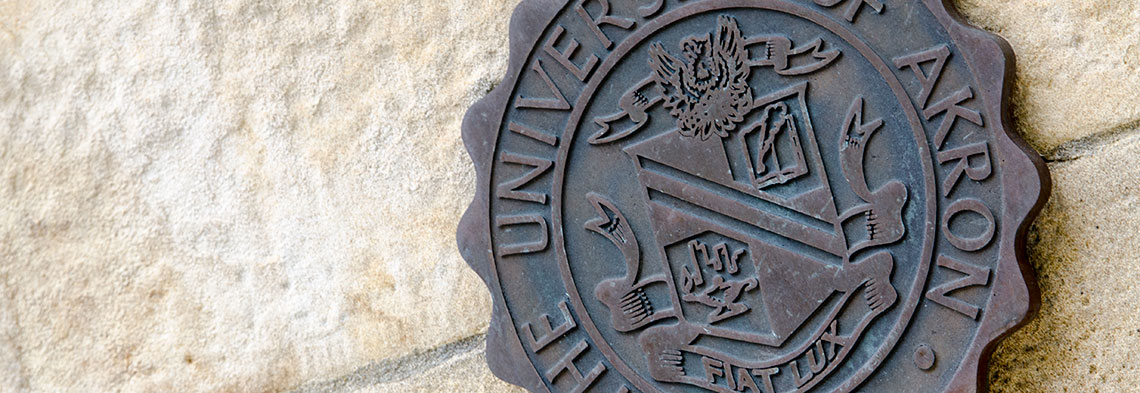Document Type
Article
Publication Date
January 2005
Abstract
The Intention of the Settlor Under the Uniform Trust Code: Whose Property Is It, Anyway?
The question of the extent to which the owner of property may transfer it gratuitously, subject to enforceable restrictions on alienability and use, has a long history. To protect the living from control by the dead, as well as the alienability of property, the law traditionally has refused to enforce some such restrictions. Opposing those interests, however, is the interest in respecting the freedom of the owner of property to dispose of it subject to whatever restrictions he or she chooses to impose.
The Uniform Trust Code (“UTC”), promulgated in 2000, is the first comprehensive national codification of the law of trusts. As such, it provides an excellent opportunity to examine current thinking on how the balance should be struck between the property rights of trust settlors who wish to control the future enjoyment of their property by others, and the interests of trust beneficiaries whose enjoyment of the property is limited by settlor imposed restrictions. The purpose of this Article is to engage in that examination.
Generally, the UTC provides default rules that apply only if and to the extent that the settlor does not provide otherwise in the instrument. The settlor’s ability to override the UTC’s rules, however, is expressly limited by mandatory rules, on fundamental subjects, that apply regardless of the settlor’s express intent to the contrary. Although the UTC’s mandatory rules will serve as an important focus of this Article, the issue of the extent to which the settlor’s intent will be respected under the UTC arises in a variety of other contexts that also will be analyzed.
The tension between the property rights of settlors and the interests of beneficiaries exists with respect to many subjects addressed by the UTC, including (i) the modification and termination of trusts, (ii) the alienability of the beneficiary’s interest, (iii) the rights of beneficiaries to receive information about the trust, (iv) the ability of the beneficiaries to change the trustee, (v) the ability of the settlor to impose value limiting restrictions on the management and investment of trust assets, and (vi) the ability of the settlor to relieve the trustee from the duty to act in good faith and to exculpate the trustee from liability for breaching a fiduciary duty. UTC provisions with respect to the settlor’s ability to control property transferred in trust also involve the settlor’s ability to fix the trustee’s compensation or to waive or require a trustee’s bond; the requirements for creating a valid trust, including that its purposes not violate public policy; the ability of the beneficiaries and the trustee to act collectively in ways that circumvent the settlor’s intent; and the court’s overriding ability to act as necessary in the interests of justice. The Article will demonstrate that the UTC has taken modest steps towards accommodating the interests of beneficiaries when those interests will not be served by strict adherence to the settlor’s intent as set forth in the terms of the trust. In other respects, consistent with the common law, the UTC continues to honor the settlor’s intent. Finally, in some respects the UTC provides greater protection to the settlor’s intent than under common law.
Publication Title
Akron Law Review
First Page
649
Recommended Citation
Alan Newman, The Intention of the Settlor Under the Uniform Trust Code: Whose Property Is It, Anyway? 38 Akron Law Review 649 (2005).


